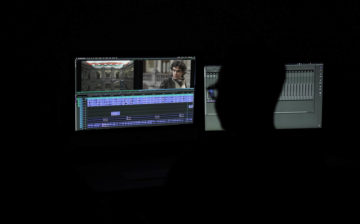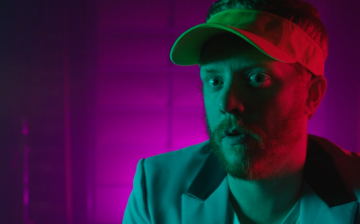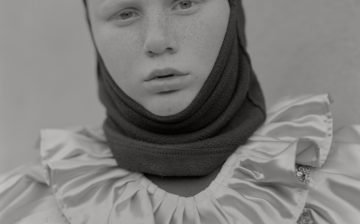Workshops
From the extraordinarily fertile period of invention that marked the early development of film, to the rapidly evolving digital landscape of the present, study how the medium has changed over time.
There are no available registration dates at this time.
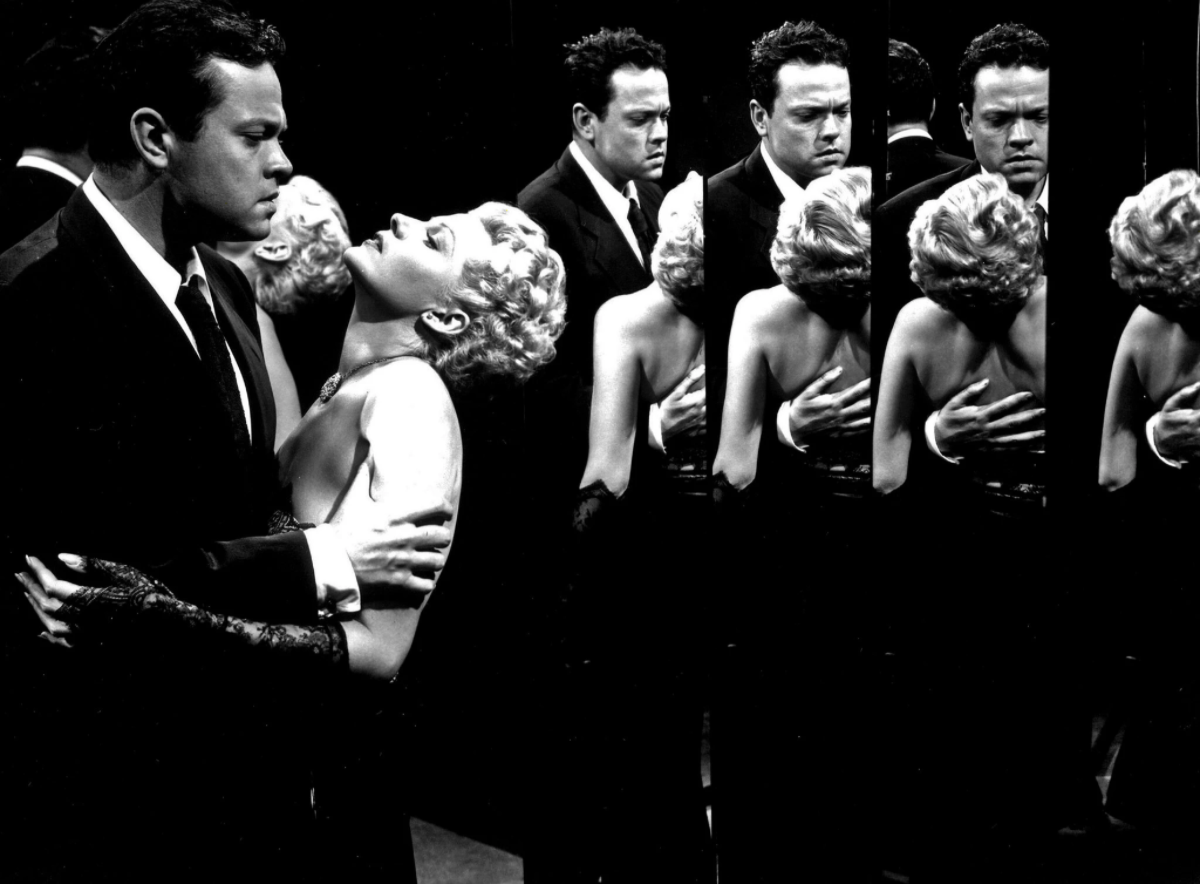
The story of film is an incredibly rich journey that winds through countries, movements, forces, personalities, visions, theories, and technologies.
From the innovators of the late 19th, the 20th, and now the early 21st century, today’s working filmmakers have inherited an extraordinary wealth of artistic and conceptual tools. In this intensive workshop, we will examine the historical development of those tools in order to understand and articulate our own place in the continuum of film. Through lectures, discussions, screenings of both clips and full-length works, and examining film theory by working filmmakers and critics, we will explore how key works and artists have enriched the film medium, and in so doing, supplied us with the means to tell new stories to today’s audiences.
We’ll consider the evolution of film language from the silent era into sound, the growth and dominance of the studio system, the emergence of independents, and turning points in the history of film when forces and factors (creative, economic, societal, political and technological) disrupted the medium and compelled filmmakers to adapt. The class will explore key genres in filmmaking, and how filmmakers have used genre as a concept that’s sufficiently elastic to accommodate complex themes and stories. We’ll examine how the French New Wave filmmakers challenged the dynamics and language of filmmaking, inspiring new generations of filmmakers to blaze new trails, and how the shockwaves of that movement continue to inspire filmmakers like Quentin Tarantino, Sofia Coppola, Spike Lee and Barry Jenkins. Our exploration will take us to the current day as cinematic storytellers find new ways of telling and disseminating stories, even as our relationship to screens – big and small – is also evolving.
Prepare for a fascinating journey of discovery, exploring how risk and reinvention have continually revitalized this extraordinary medium.
The workshop will be taught by Wayne Beach, who brings a filmmaker’s perspective to film history. In addition to his work as a screenwriter, Beach has taught film history classes at Bates College and Maine Media College.
Header Image: Aidan Bliss
Share This
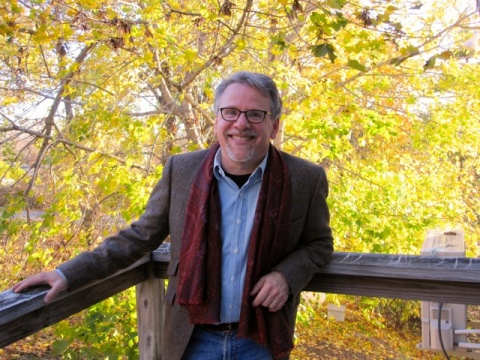
Instructor: Wayne Beach
Wayne Beach has written screenplays for Warner Bros., Twentieth Century Fox, Disney, Sony, TNT, Village Roadshow Pictures, Wolf Films, and other studios and networks. His students have gone on to create box office hits and popular TV shows.
He recently created and wrote an original television pilot, American Dream, for Sony. His pitch for it inspired a bidding war between Showtime, FX, and WGN. He also recently finished an assignment adapting a novel for Identity Films, producers of The Old Man & the Gun.
His filmed screenplay credits include Murder at 1600 (Warner Bros.) starring Wesley Snipes, Diane Lane and Alan Alda; and The Art of War (Warner Bros.) starring Wesley Snipes. He wrote and directed Slow Burn (Lionsgate) starring Ray Liotta, LL Cool J, Chiwetel Ejiofor, Mekhi Phifer, Jolene Blalock, and Taye Diggs. His directorial debut, Slow Burn premiered at the Toronto International Film Festival and was released in 1100 theaters by Lionsgate. He has written projects for the makers of Pirates of the Caribbean, Law & Order, House M.D., Ocean’s Eleven, The Perfect Storm, Total Recall, The Fugitive Platoon, and many others.


